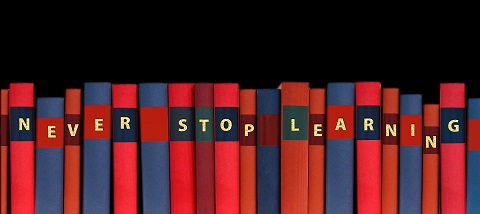
Syllabus
Essential Readings
- Juneja, Nalini, 2003, Constitutional Amendment to Make Education a Fundamental Right,Occasional Paper, New Delhi: NUEPA pp6-13
2. Apple, M. W. (2008). Can schooling contribute to a more just society? Education, Citizenship and Social Justice, 3(3), 239–261.
3. GOI. (1966). Report of the Education Commission: Education and National Development, New Delhi: Ministry of Education.
4. Sinha, Shanta and Reddy, A. (2011), School Drop Outs or Push outs, in R. Govinda (ed.) Who goes to school? Exploring Exclusion in Indian Education. Oxford University Press. India. (Chapter 4)
5. Public Report on Basic Education (1999) New Delhi: Oxford University Press (also in Hindi)
6. Sadgopal, Anil. (2008). Samaan School Pranaliyon ki Zarurat. Aaj ka Savaal. In Shiksha Aur Bhoomandalikaran. India: Shabd Sansadhan Prakashan.
7. Saxena, S. (2012, Dec. 8). Is equality an outdated concern in education? Political and Economic Weekly 47(49), 61-68.
8. Tilak J.B.G. (2004) Higher Education between State and the Market presented in UNESCO Forum on Higher Education available at portal.unesco.org/ education/tilak/colloquium.
9. Bhushan, Sudhanshu, 2009, Foreign Universities in India (Chapter 5), in Restructuring higher Education in India, Rawat Publication: Jaipur
10. Gupta, A. (2011). Kya Nijikaran Sahayak ho Sakta Hai in Ucchtar Shiksha ke Badalte Ayaam. Hindi Karyanvya Nideshalaya. Delhi University. (Ch. 5 p. 196- 2

INTERNET RESOURCE
- National Council for Educational Research and Training (NCERT)
2. State Council of Educational Research and Training (SCERT), DIETs, Block Resource Centres (BRC) etc.
3. Samagra Shiksha
4. Samagra Shiksha Abhiyan
5. Rashtriya Madhyamik Shiksha Abhiyan
6. Rashtriya Uchchatar Shiksha Abhiyan
7. Mid day meal
8. Millennium Development Goals (MDGs)
9. Sustainable Development Goal 4: Quality Education
10. Education for Sustainable Development
11. Quality Education: Why It Matters
12. Deaton, Angus and Jean Dreze, 2009, Food and Nutrition in India: Facts and Interpretations, Economic and Political Weekly, Vol 44, Issue No. 07
13. Multilingualism-a-classroom-resource-by-Rama-Kant-Agnihotri
Additional Readings
1. Naik, J.P., 1979, Equality, Quality and Quantity: The Elusive Triangle in Indian Education , International Review of Education , Vol. 25, No. 2/3, Jubilee Number (1979), pp. 167-1
2. Subimal Sen Democracy, Decentralized Planning and Devolution of Power in Education in K N Panikkar and M Bhaskaran Nair (eds.) Emerging Trends in Higher Education in India: Concepts and Practices (New Delhi: Pearson Education India, 2011).
3. Naik, JP, The Role of Government of India In Education, Ministry of Education, Government of India
4. Powar, K. B. (2011). Indian Higher Education Revisited. Continuing Concerns and Emerging Issues. Vikas Publishing House, Delhi. [Ch. 3 (pp. 62- 79)